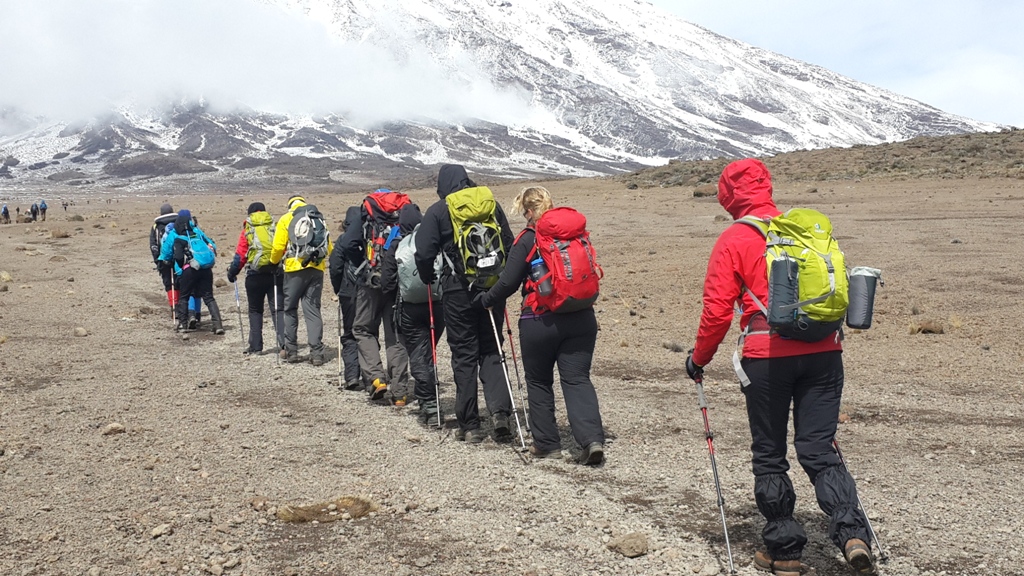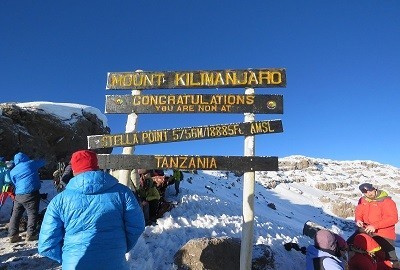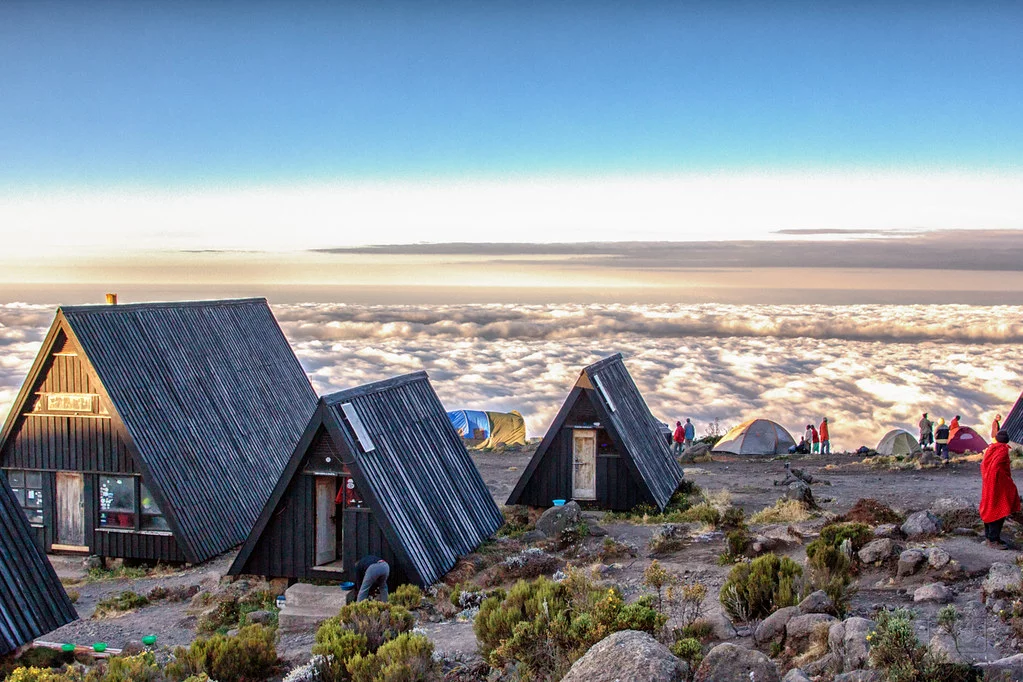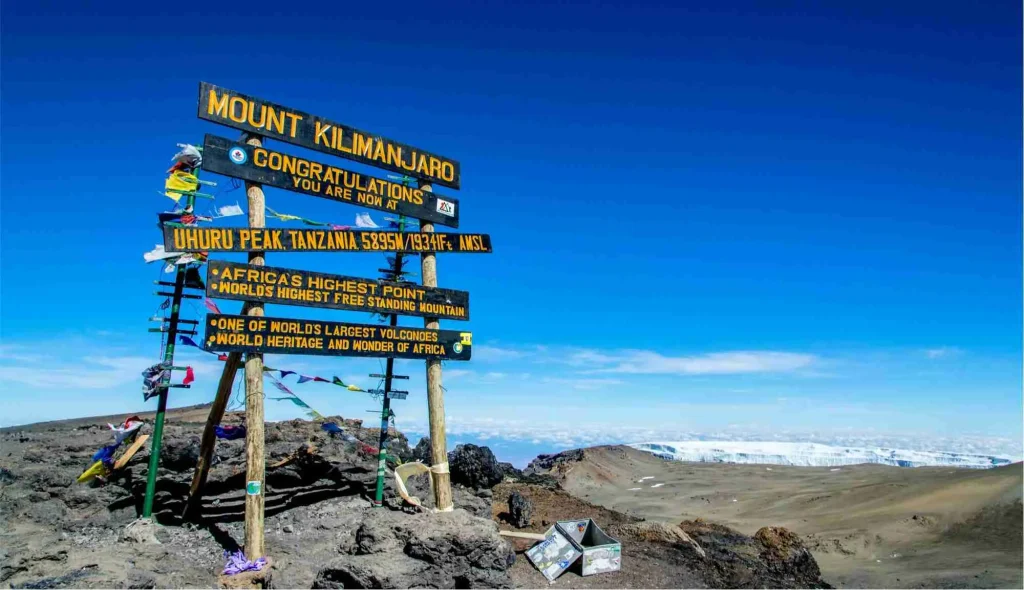KILIMANJARO CLIMBING
Mount Kilimanjaro, standing at 5,895 meters (19,341 feet), is the highest peak in Africa and the tallest free-standing mountain in the world. It’s a bucket-list destination for adventure seekers, offering breathtaking landscapes, diverse climate zones, and an incredible sense of achievement for those who reach the summit. Unlike other high-altitude climbs, Kilimanjaro requires no technical climbing skills, making it accessible to both beginners and experienced trekkers.
What to Expect on the Climb
🏕 Camping or Hut Accommodation – Most routes require tent camping, except for Marangu, which has huts.
🥶 Weather Changes – Experience 5 climate zones, from rainforest to arctic conditions.
⏳ Altitude Challenges – Gradual ascent helps prevent altitude sickness; acclimatization days are crucial.
🌅 Summit Night Challenge – The final push to Uhuru Peak starts at midnight for a sunrise summit experience
Best Time to Climb Kilimanjaro
✔ January – March: Less crowded, colder nights, higher summit snow
✔ June – October: Most popular, drier conditions, best visibility
✔ April – May & November: Rainy season, fewer climbers, lush scenery




